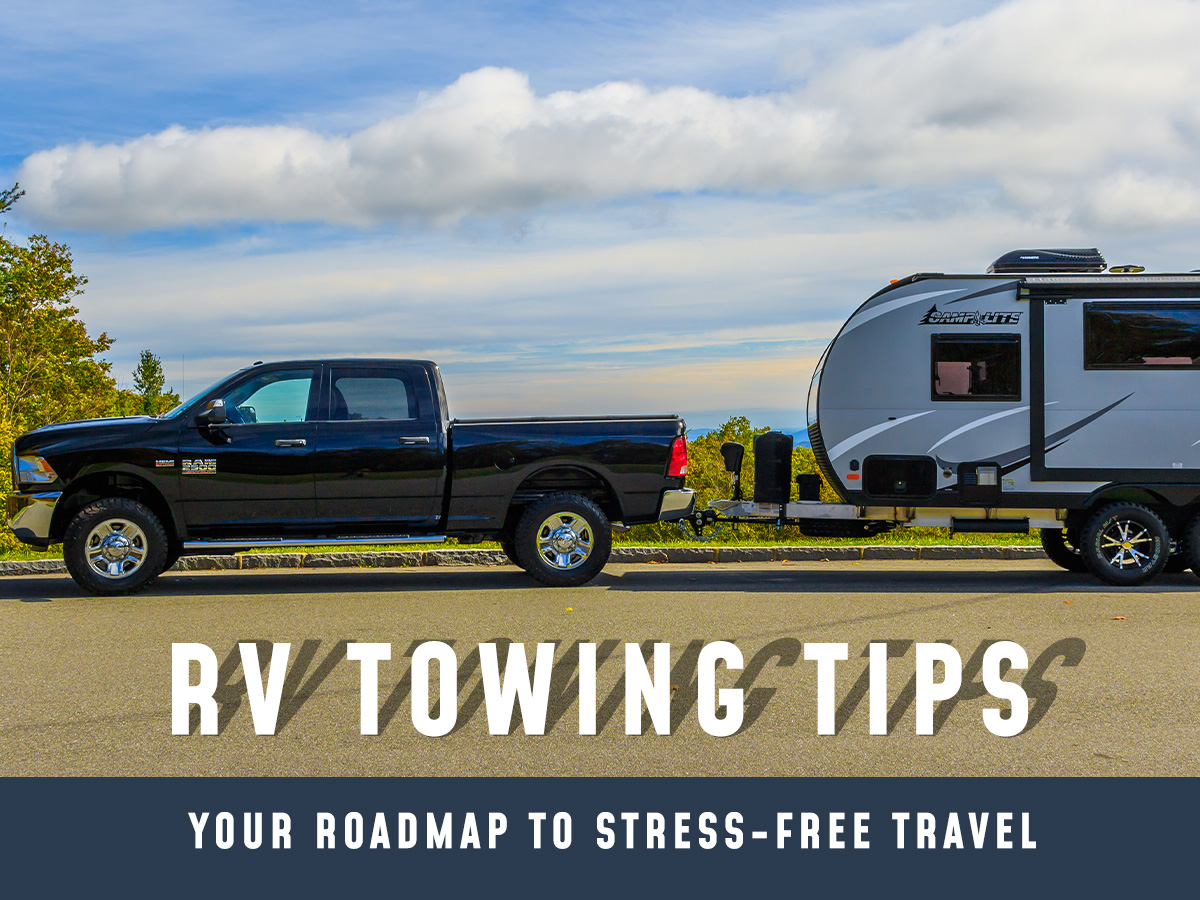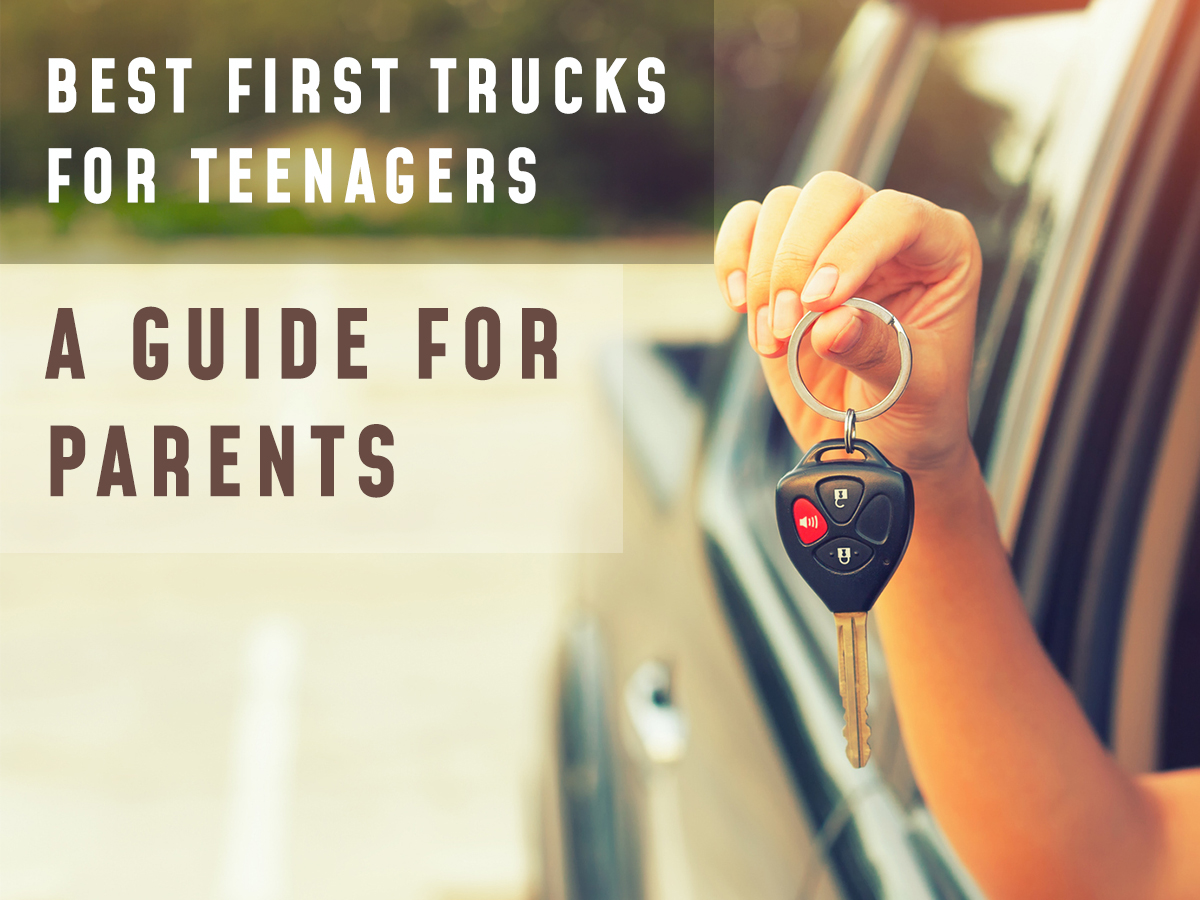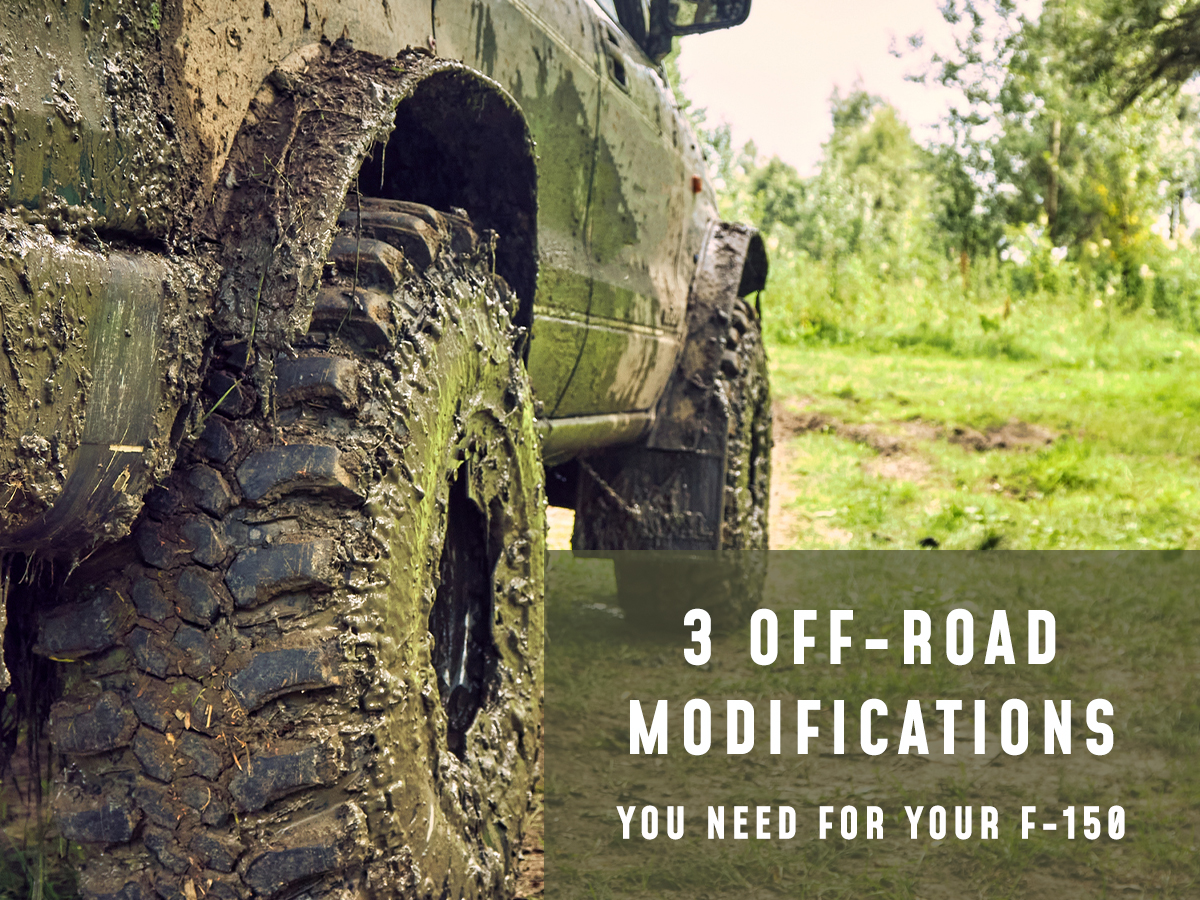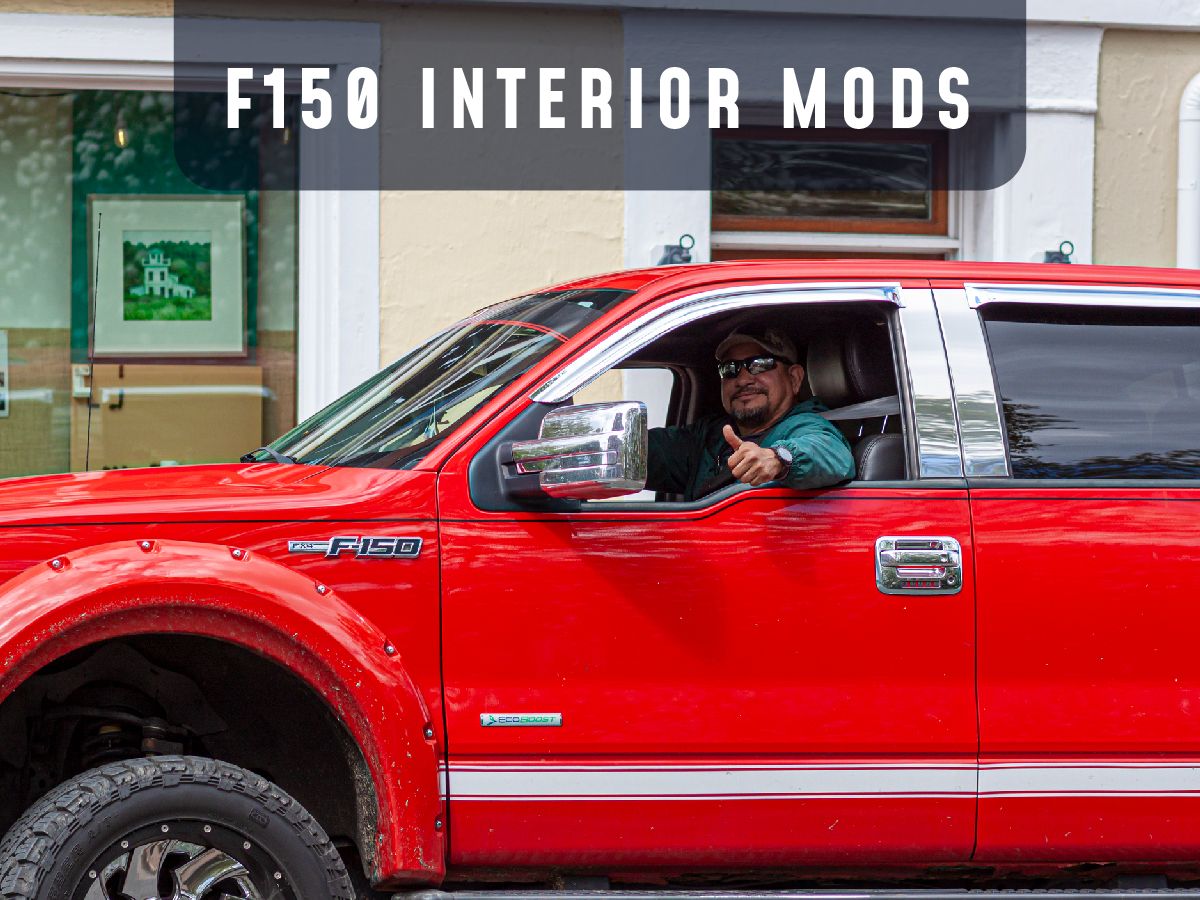RV towing can be a complex and challenging task, especially for those who are new to recreational vehicle travel. However, with the right knowledge and preparation, towing your RV can become a seamless and enjoyable experience. In this article, we will explore essential tips and techniques to help you navigate the world of RV towing.
Understanding the Basics of RV Towing
Towing an RV can be a thrilling adventure, but it's essential to start with a solid understanding of the basics. Understanding weight distribution and proper hitching techniques is crucial for stability and control while towing, as well as knowledge about trailer sway control and braking systems. Grasping these basics not only enhances your towing skills but also contributes to the safety of you and fellow road travelers, making your RV adventures all the more enjoyable.
Must-Have Towing Gear
| Equipment | Benefit |
| Weight Distribution Hitch |
A weight distribution hitch is designed to evenly distribute the weight of the trailer across all axles of the towing vehicle. This helps prevent the rear of the vehicle from sagging, improving steering and braking performance. It also helps reduce the chances of trailer sway, making your towing experience safer and more comfortable.
|
| Sway Control System |
This device is installed between the trailer and the towing vehicle and helps reduce the side-to-side movement, or sway, of the trailer. Sway can be caused by various factors such as wind, passing vehicles, or uneven road surfaces. A sway control system works by applying resistance to the trailer's movement, keeping it in line with the towing vehicle.
|
| Trailer Brake Controller | This device allows the driver to control the electric brakes of the trailer, providing additional stopping power and stability. It ensures that the trailer's brakes are synchronized with the towing vehicle, allowing for smoother and more controlled braking. |
Investing in the right towing equipment and understanding the capabilities of your RV will not only make your towing experience more enjoyable but also help prevent accidents and mishaps on the road. So, before you hit the road with your RV in tow, take the time to educate yourself and equip your RV with the necessary tools for a safe and worry-free journey.
6 Pre-Towing RV Checks You Can't Skip
Preparing your RV for towing is a critical step to ensure a safe and hassle-free journey. Before hitting the road, conduct thorough safety checks on your RV.
1. Balance the Load
Properly balancing the load in your RV is essential for maintaining stability while towing. Consider distributing the weight evenly throughout the vehicle, paying attention to heavier items such as appliances and water tanks. By distributing the weight properly, you can minimize the risk of swaying and improve overall control.
2. Secure All Loose Items
It’s important to secure all loose items inside your RV before towing. Objects that are not properly secured can become projectiles during sudden stops or turns, posing a danger to both you and other drivers on the road. Take the time to stow away loose items in cabinets, secure drawers, and use bungee cords or cargo nets to prevent movement.
3. Check the Equipment
Another crucial aspect of preparing your RV for towing is checking the hitch and coupler. Ensure that the hitch and coupler are properly connected and locked in place. Double-check that safety chains are securely attached and crossed under the hitch, providing an extra layer of security in case the hitch fails.
4. Test the Brakes and Lights
Before embarking on your journey, it is recommended to test the RV's brakes and lights while connected to the towing vehicle. Have someone assist you by checking that all brake lights, turn signals, and running lights are functioning correctly. This step is crucial for ensuring that other drivers can clearly see your intentions on the road.
5. Know Your Limits
In addition to the mechanical aspects, it is also important to consider the weight limits and towing capacity of your RV and towing vehicle. Exceeding these limits can put excessive strain on your vehicle's engine, transmission, and braking system, increasing the risk of accidents and damage. Consult your RV and towing vehicle's manuals to determine the maximum weight limits and ensure that you are within the recommended range.
6. Check the Weather
Don't forget to check the weather and road conditions before setting off on your towing adventure. Inclement weather and poor road conditions can significantly impact your RV's handling and stability. Adjust your driving speed and be prepared for any unexpected challenges that may arise.
Driving Techniques for Towing an RV
Proper driving techniques are paramount for a safe and enjoyable journey. There are some essential skills and strategies you need to navigate highways, conquer challenging terrains, and handle various driving scenarios with confidence. Whether you're new to RV towing or seeking to refine your skills, these tips will pave the way for a smoother, more relaxed travel experience.
Backing It Up
Mastering the art of backing up with an RV is one of the most challenging aspects of towing. Practice maneuvering in open spaces or empty parking lots to become comfortable with the mechanics. Use your mirrors effectively and take it slow, making small adjustments as necessary.
Navigating Traffic
When navigating through traffic while towing, it's important to maintain a safe following distance. Allow for extra room to account for the increased weight and longer stopping distance of your RV. It's also important to be aware of your RV's height and width when navigating through traffic. Many RVs are taller and wider than regular vehicles, so it's crucial to be mindful of low bridges, narrow lanes, and tight turns.
Keep Your Distance
When towing an RV, it's crucial to maintain a safe following distance. The added weight of the RV can significantly increase your stopping distance, so it's important to leave extra room between you and the vehicle in front of you. This will give you enough time to react and stop safely if the need arises.
By following these driving techniques and practicing regularly, you can become a confident and skilled RV driver. Remember, towing an RV requires patience, attentiveness, and a willingness to adapt to different situations. With time and experience, you'll be able to navigate the roads with ease and enjoy the journey to your destination.
Extend the Life of Your RV with These 4 Maintenance Steps
Regular maintenance is key to ensuring the longevity and reliability of both your RV and towing equipment. Create a routine maintenance schedule that includes tasks such as checking fluid levels, inspecting the hitch and hitch receiver, and lubricating moving parts. When it comes to maintaining your RV, there are several additional steps you can take to keep it in top shape.
Step 1: Regularly Inspect Your Exterior
It is important to regularly inspect the exterior of your RV for any signs of damage or wear. This includes:
- Checking for cracks or leaks in the roof
- Inspecting the seals around windows and doors
- Examine the roof for any cracks, punctures, or loose seams
- Inspect the tires for wear, cracks, or bulges, and ensure they are properly inflated
- Examine the undercarriage for any signs of damage, rust, or loose components
- By addressing any issues promptly, you can prevent water damage and any potential costly repairs.
Step 2: Check Your Electrical System
Another crucial aspect of RV maintenance is taking care of the electrical system. Some of the ways you can accomplish this are:
- Check the batteries regularly and clean the terminals to prevent corrosion
- Test all the lights and appliances inside your RV to ensure they are functioning properly
- Test and inspect all electrical outlets and connections
Step 3: Take Care of the Weight Distribution Hitch
When it comes to towing equipment, caring for your weight distribution hitch is equally important. In addition to regular cleaning and inspection, it's essential to check the torque on the bolts and nuts to ensure they are properly tightened. This will help prevent any accidents or damage while towing your RV.
Step 4: Lubricate
Lubricating hinges and moving parts is crucial for smooth operation and reducing friction. This includes not only the hitch and hitch receiver but also any other moving parts on your towing equipment, such as the sway control system. By keeping these components properly lubricated, you can enhance their performance and extend their lifespan.
Regular maintenance is essential for both your RV and towing equipment. By following a routine maintenance schedule and paying attention to the details, you can extend the lifespan of your vehicles, prevent costly repairs, and enjoy worry-free adventures on the road.
RV Towing Laws and Regulations
Understanding state-specific towing laws is crucial for safe and legal towing. Regulations vary from state to state, covering aspects such as speed limits, weight limits, and trailer lighting requirements. Research and familiarize yourself with these laws before embarking on a trip.
Speed Limits
When it comes to speed limits, it's important to note that towing an RV may require you to drive at a lower speed than you would when not towing. This is because the added weight and size of the RV can affect your vehicle's handling and braking capabilities. Some states may have specific speed limits for vehicles towing trailers, so be sure to check the regulations for the states you'll be traveling through.
Weight Limits
Weight limits are another important consideration when towing an RV. Each state has its own regulations regarding the maximum weight that can be towed without additional permits or licenses. Exceeding these weight limits can result in fines or even the impoundment of your RV. It's crucial to know the weight of your RV and ensure that it falls within the legal limits of the states you'll be traveling in.
Trailer Lighting Requirements
In addition to speed and weight limits, trailer lighting requirements are also an essential aspect of RV towing regulations. Properly functioning lights on your RV and trailer are crucial for visibility and safety on the road. Make sure that all your lights, including brake lights, turn signals, and taillights, are in good working order before setting off on your journey. Regularly check and maintain these lights throughout your trip to ensure they continue to function properly.
International Towing Regulations
When traveling internationally with your RV, it's crucial to understand the diverse towing regulations of different countries, encompassing licensing, road safety, and equipment standards. Researching these rules in advance ensures confidence on foreign roads. Be prepared to obtain additional permits or licenses to meet local towing requirements; this might include international driver's licenses or special towing endorsements.
RV towing can be a rewarding experience that allows for freedom and adventure on the open road. By having a solid understanding of the basics, proper preparation, and a commitment to ongoing maintenance, you can enjoy safe and enjoyable travels with your RV. Remember to stay informed about towing laws and regulations, and always prioritize safety whilst enjoying the wonders of the RV lifestyle.










